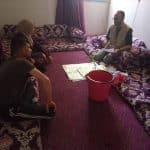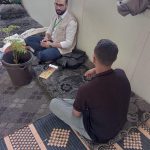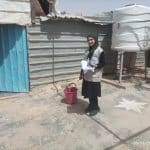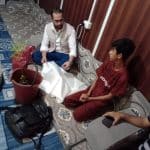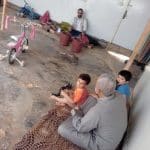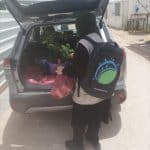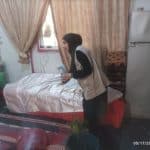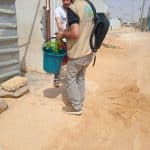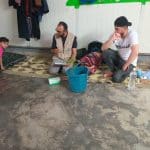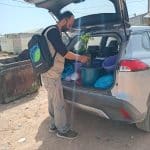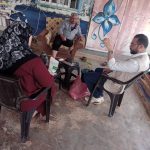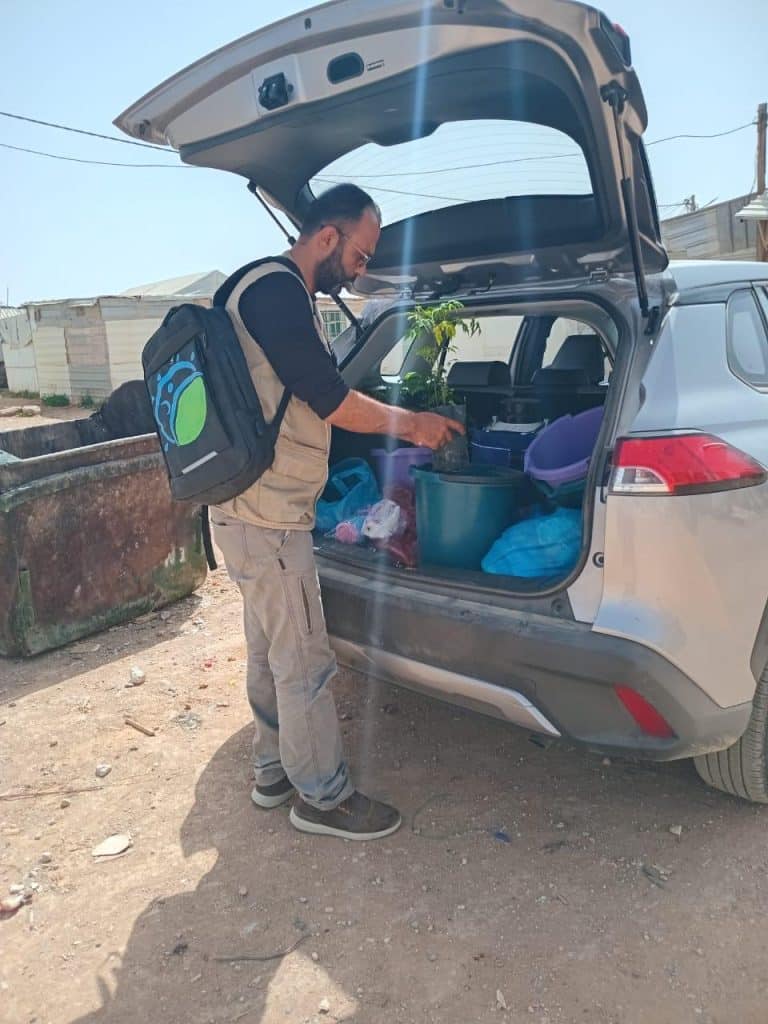
Research Unit overview
Health Appeal Society’s Research Unit generates practical, context-relevant evidence to improve community health in Jordan. We design ethical studies in humanitarian settings, translate findings into service improvements, and share learning with ministries, schools, NGOs, and soon hope to publish papers. Our current portfolio includes climate–health research in Za’atari Camp, focusing on non-communicable diseases (NCDs) and environmental stressors such as heatwaves and dust storms in refugee camp settings.
Research Program 1 — Climate Change & NCDs in Za’atari (Cohort Study)
What it is: A cohort-based observational study of 660 adult NCD patients attending KS-Relief clinics (covering ~30% of camp districts) to understand how heatwaves and dust storms affect symptoms, care-seeking, and day-to-day management. Data were collected across three heatwave periods in 2024 to compare patterns by intensity.
Why it matters: Za’atari’s desert location, intermittent electricity, and prefab shelters amplify thermal stress and dust exposure—factors that interact with NCDs and can worsen outcomes.
Highlights so far:
Common conditions: hypertension, thyroid disorders, and asthma; many participants live with multiple chronic diseases.
Females and people with asthma or hypertension reported higher impact from heatwaves/dust; household size and income also shaped exposure and access.
Limited power hours and constrained water supply complicate cooling, hygiene, and symptom control during extreme events.
How we frame it: We apply climate–health and displacement lenses to link exposure, vulnerability, and service gaps, guiding targeted, feasible improvements in camp settings.
Research Program 2 — Asthma Mitigation Strategies (Follow-Up Pilot)
Health Appeal Society conducted a follow-on implementation study to co-design and pilot mitigation strategies for people with asthma in Za’atari. The program uses mixed methods (focus groups, expert input, and small-scale testing) to translate evidence into practical steps families can use during heatwaves and dust storms.
What is it?
A field study in Za’atari Camp that designed and tested a three-pillar Asthma Toolkit—Education, “Kill the Dust” (indoor & outdoor), and Follow-up delivered across multiple visits during the hot, dusty months. The toolkit focuses on simple, low-cost actions (correct inhaler use, dust-reduction routines at home and outside, and light ongoing check-ins).
Why it matters
Heatwaves and dust storms in a desert camp setting regularly trigger breathing problems. A practical toolkit that fits camp realities (limited power, tight spaces, high dust load) helps people reduce exposure and manage symptoms between clinic visits. This program was built from our climate–health work in Za’atari and aimed to move evidence into everyday practice.
Highlights so far
Participants who received the toolkit maintained better asthma control across successive heat/dust waves than a similar group on usual care. By the final cycle, the comparison group’s control had fallen well below baseline, while the toolkit group held their gains (significant time, group, and time×group effects on the Asthma Control Test).
How we frame it
We treat asthma control in Za’atari as a climate–health challenge: link exposure (dust/heat), asthma symptoms, and capacity to adapt (simple household routines + brief education + follow-up). The toolkit operationalizes this logic—clear education, concrete dust-reduction steps indoors/outdoors, and light, repeated follow-up to keep control during environmental stress.
